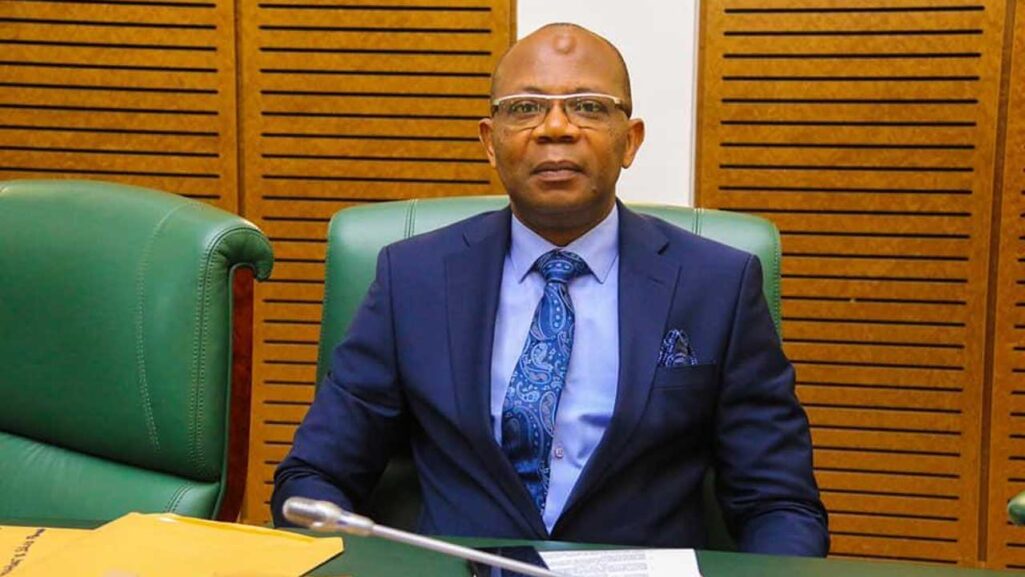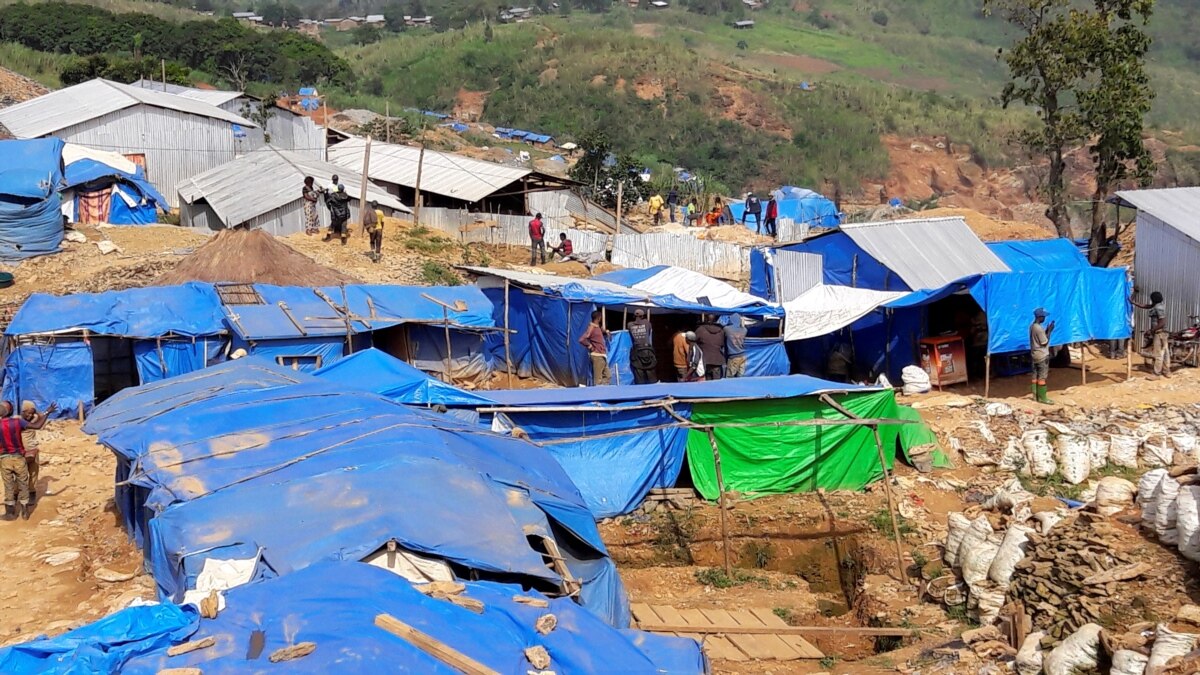

Akwa Ibom State Government Sacks Chinese Company Over Illegal Operations





The Acting Inspector-General of Police, IGP Kayode Adeolu Egbetokun, Ph.D., NPM, as part of his policy geared towards security of lives and property, most especially safety of schools and students, has announced the establishment of the Schools Protection Squad (SPS), a proactive initiative aimed at enhancing security and safety in educational institutions across Nigeria.
In furtherance of the safety drives, the IGP has also concluded plans to launch a comprehensive Standard Operating Procedure (SOP) handbook for the Safe Schools Programme. The official launch and training event is scheduled to take place on 9th of August 2023, with the participation of 250 individuals drawn from various sectors, including the presidency, executive, judiciary, legislature, security agencies, civil society organizations, media, school administrators, unions, and other stakeholders.
The Schools Protection Squad (SPS) is a specialized unit within the Nigeria Police Force tasked with drawing up policies and engaging relevant stakeholders to ensure the safety and protection of students, teachers, and school infrastructure. The squad will be equipped with relevant assets and advanced training to effectively respond to security challenges facing educational institutions.
The launch of the Standard Operating Procedure (SOP) handbook for the Safe Schools Programme is an integral part of the initiative. This comprehensive handbook outlines the best practices and guidelines for securing schools, risk assessment, emergency response protocols, and collaboration between various stakeholders. The SOP will serve as a crucial reference for educational authorities, security agencies, and other participants involved in the Safe Schools Programme, empowering them to take coordinated and effective measures in ensuring the safety and protection of schools.
The Inspector-General of Police hereby calls on all relevant stakeholders to actively participate and support the initiative for the safety and general well-being of our educational assets in Nigeria. The IGP similarly believes that through collaborative efforts and a united approach, Nigeria can build a robust education system that guarantees a secure and conducive learning environment for every child. ACP OLUMUYIWA ADEJOBI, mnipr, mipra, FORCE PUBLIC RELATIONS OFFICER, FORCE HEADQUARTERS, ABUJA. July 31, 2023.

The acting Inspector-General of Police, Olukayode Egbetokun, has issued a directive ordering all police convoys to henceforth, as a matter of compulsion, obey all traffic regulations.
The IG gave the directive Monday during his meeting with the Mobile Police Squadron and commanders at the Force headquarters in Abuja.
According to him, the Force must lead by example if it is to command the respect of the general public. He therefore pledged to lead by example, promising to also observe all traffic regulations.
He said, “Let me end this speech by reminding you that those who keep the peace must be the epitome of peace. Those whose duty it is to enforce the laws of the land must themselves respect and obey the laws of the land. Without obeying the laws, the Police lack the moral high ground to interrogate and bring lawbreakers to book.
“Consequently, in line with my vision of building a rule of law compliant Police Force, it is my directive that henceforth all police convoys on routine, non-emergency movements must obey traffic lights and other traffic rules, I pledge to lead by example in this regard. As you will be returning to your various bases, I wish you a safe journey and please be assured of my best wishes always.”

The Acting Inspector-General of Police, Ag. IGP Olukayode Adeolu Egbetokun, PhD, NPM, has reassured all citizens of Nigeria that the general security of lives and property in Nigeria will be improved in all ramifications.
The IGP reiterated the commitment of the Nigeria Police Force, under his watch, to attain its primacy in the internal security architecture of Nigeria. In furtherance of his vision and painstaking drives to achieve his goals, the Acting Inspector-General of Police will be meeting with Commanders of the seventy-nine (79) Police Mobile Force Squadrons on Monday 26th June, 2023 at the Force Headquarters, Abuja to upskill them on new operational strategies for improved training, deployments and enhanced tactical engagements for better public safety and general security for all and sundry.
The Ag. Inspector-General of Police assures that the present leadership of the force has outlined an array of policing approaches that will be of immense importance to general public safety in Nigeria.